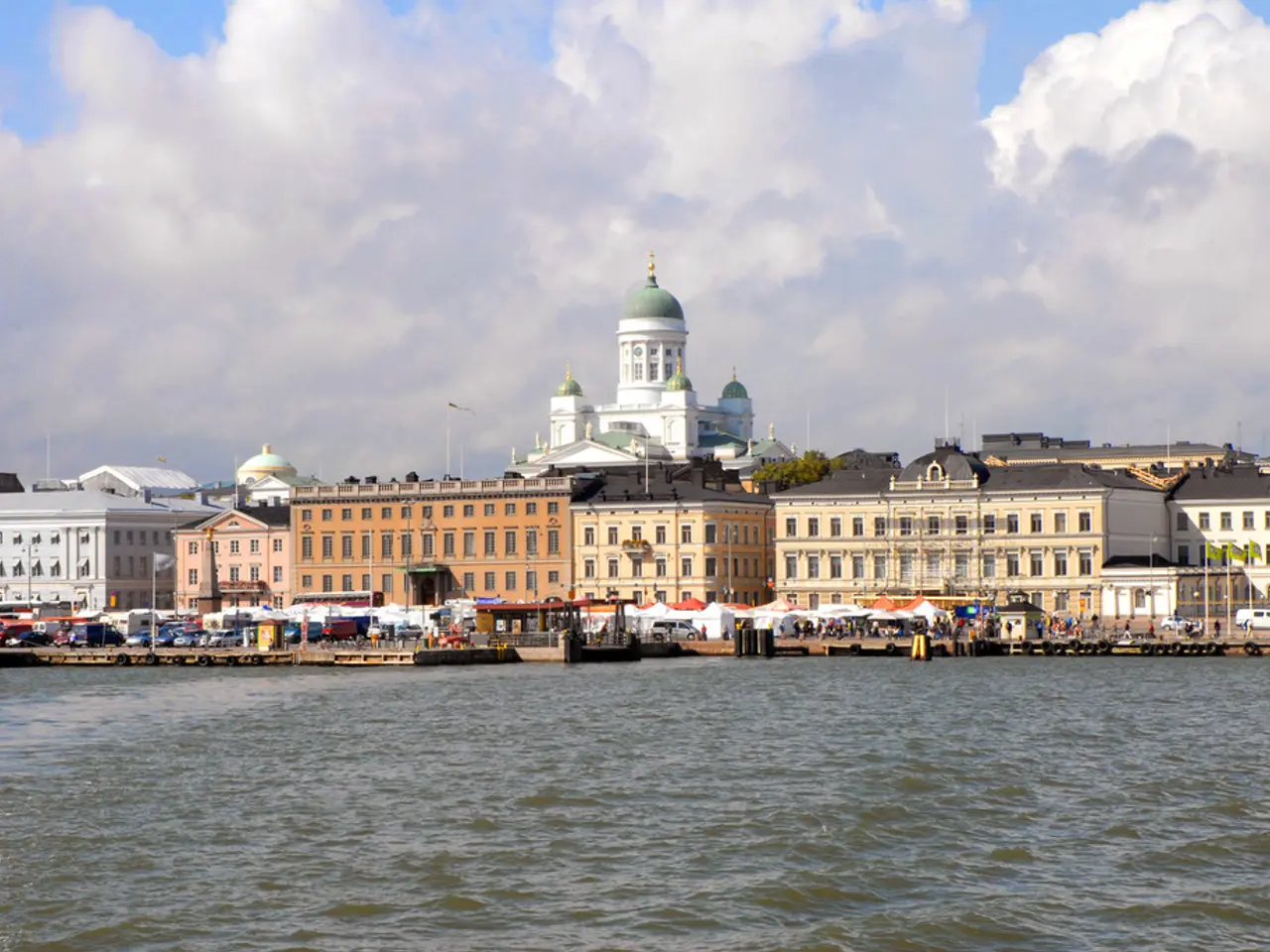Destructive and Reconstruction Profits: Earning from War and Reconciliation under Neoliberalism
In the pursuit of building peace, it is crucial to avoid reinforcing power structures that profit from war. This necessitates moving beyond the neoliberal peacebuilding model, which often supports market deregulation, privatization, and austerity measures that benefit the same elites and capitalist interests connected to conflict economies.
Instead, alternative approaches prioritize decolonial peacebuilding, centering the voices, knowledge, and agency of communities directly affected by conflict. This approach emphasizes Indigenous epistemologies, community-led justice, and historical accountability, as seen in Palestinian contexts where resistance and resilience are integral to peace.
Moreover, these alternative approaches address root causes like colonial structures, inequality, and racialized violence, rather than merely promoting economic growth or security frameworks that ignore social justice.
Justice and reconciliation led by affected communities are also crucial, including truth-telling processes grounded in accountability and reparations, rather than externally dictated peace deals that often uphold elites' interests.
Transformations in the international economic order are necessary to promote genuine cooperation over mere realignment of power. This includes rethinking global institutions to avoid perpetuating inequalities inherited from Cold War balances and neoliberal globalization, which often exacerbate disparities and instability.
Grassroots and culturally relevant peacebuilding methods, such as sports-for-development projects, also play a significant role in fostering social cohesion and nonviolent engagement among youths and marginalized groups, providing alternative community empowerment pathways.
Lastly, gender-aware and anti-militarist frameworks are essential to recognize historical patriarchal and militarized assumptions embedded in the neoliberal peace model, promoting inclusive political participation and protection of vulnerable groups without reinforcing militarized hierarchies.
The neoliberal model has been challenged by researchers, practitioners, and those living on the receiving end of its policies. Its failures have led to political, economic, and social disempowerment, depoliticisation of peace conversations, depletion of people and nature, and rapidly growing intersecting inequalities.
Examples of these failures can be seen in Bosnia and Herzegovina, Afghanistan, Ukraine, and many other conflict zones. In these regions, the neoliberal peace-building model has compounded conflicts and inequalities, leading to the degradation of fundamental human rights, particularly for women.
Feminists around the world have demanded a bottom-up approach to political and economic processes, free from imperialist interests and geopolitical scheming. They have called for a shift from peace as market stability to peace as justice, dignity, and self-determination.
This requires a fundamental shift in the way we approach peacebuilding, moving away from elite-driven models that prioritize liberal market reforms and towards community-led, decolonial approaches that prioritize justice, accountability, and systemic economic reform.
- In the struggle for peace, it's essential to avoid politics that reinforce power structures profiting from war-and-conflicts, instead focusing on community-led, decolonial approaches that address root causes like colonial structures, inequality, and racialized violence.
- Grassroots and culturally relevant peacebuilding methods, such as sports-for-development projects, are vital in fostering social cohesion among youths and marginalized groups, as well as promoting gender-aware and anti-militarist frameworks for inclusive political participation and protection of vulnerable groups.





